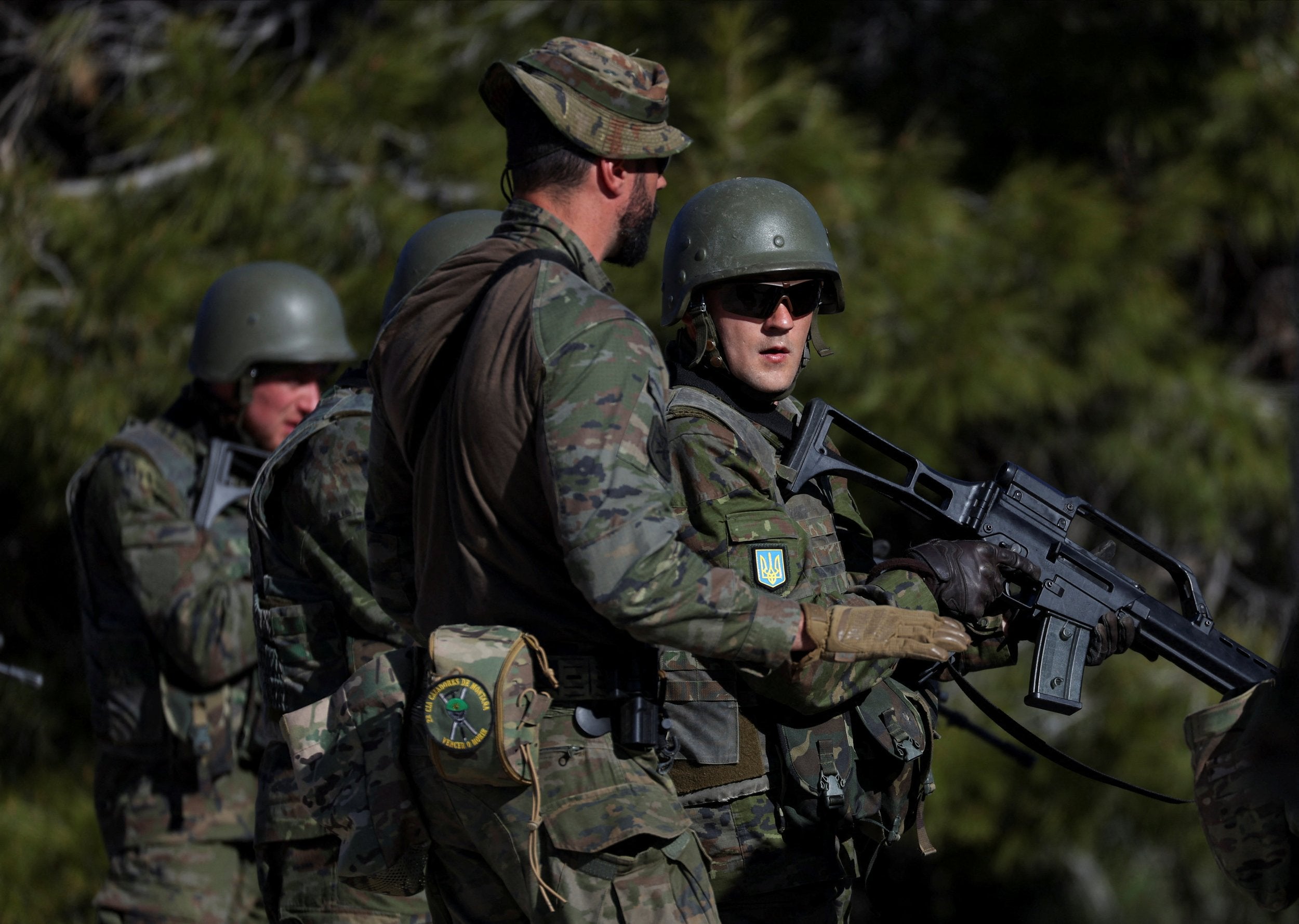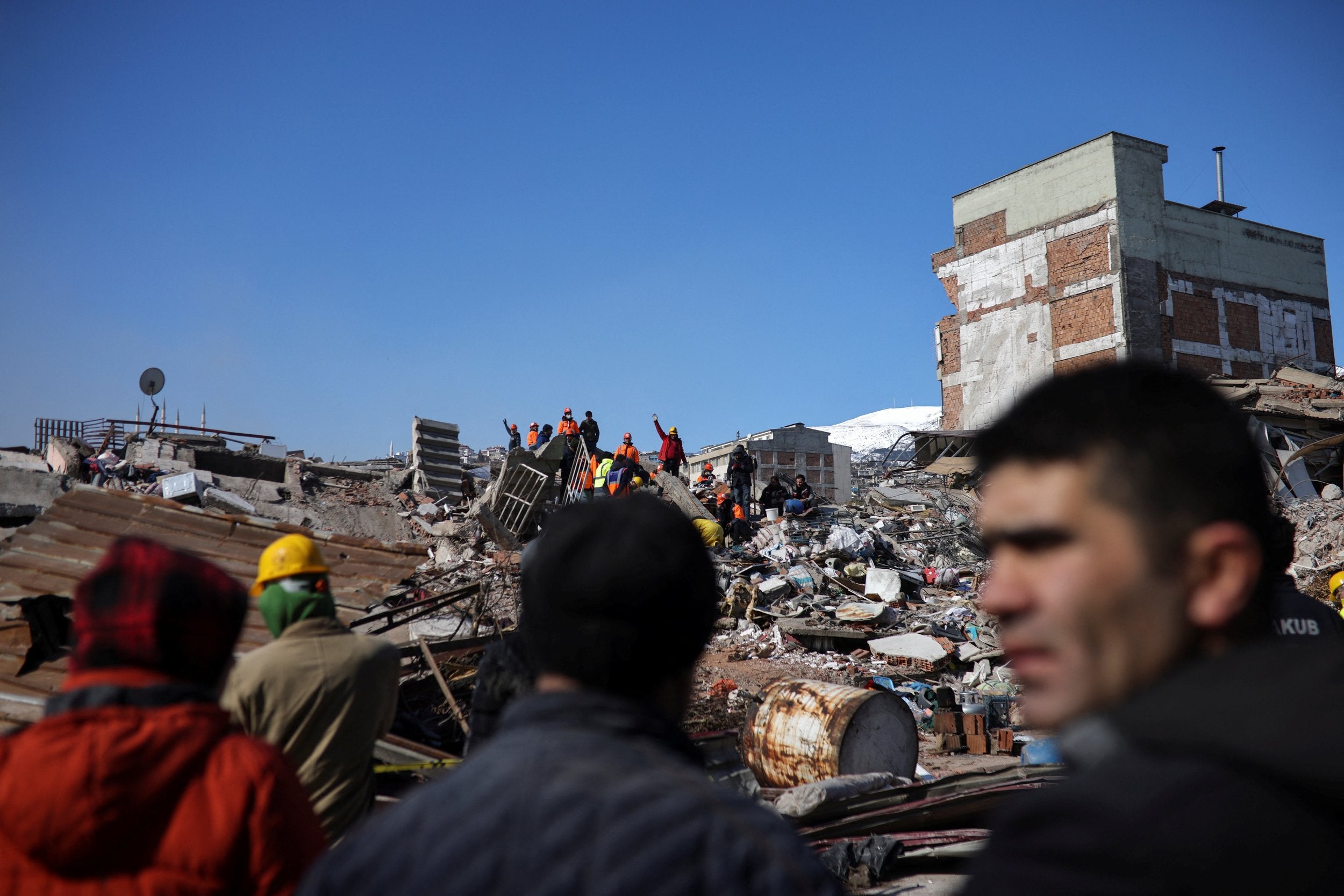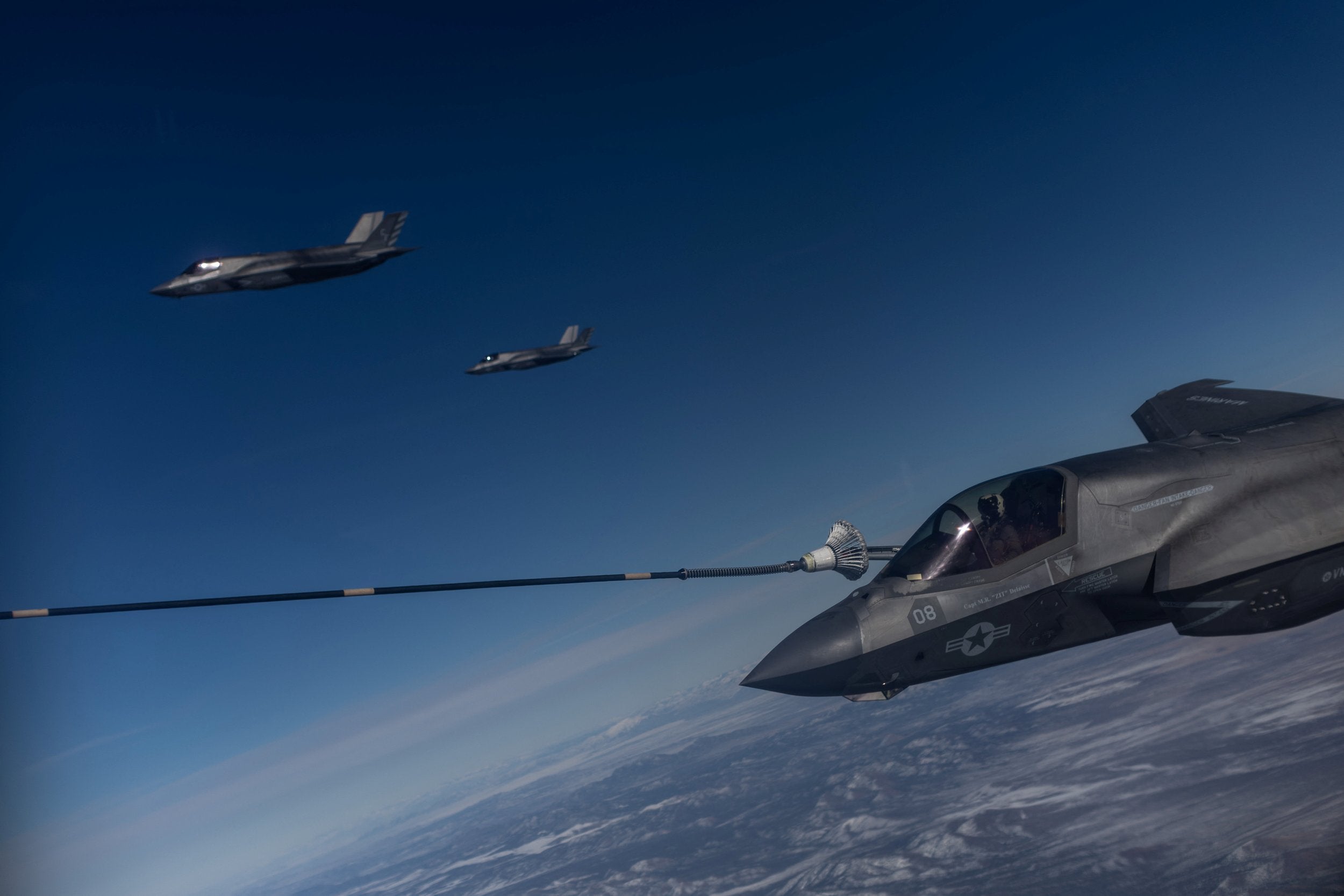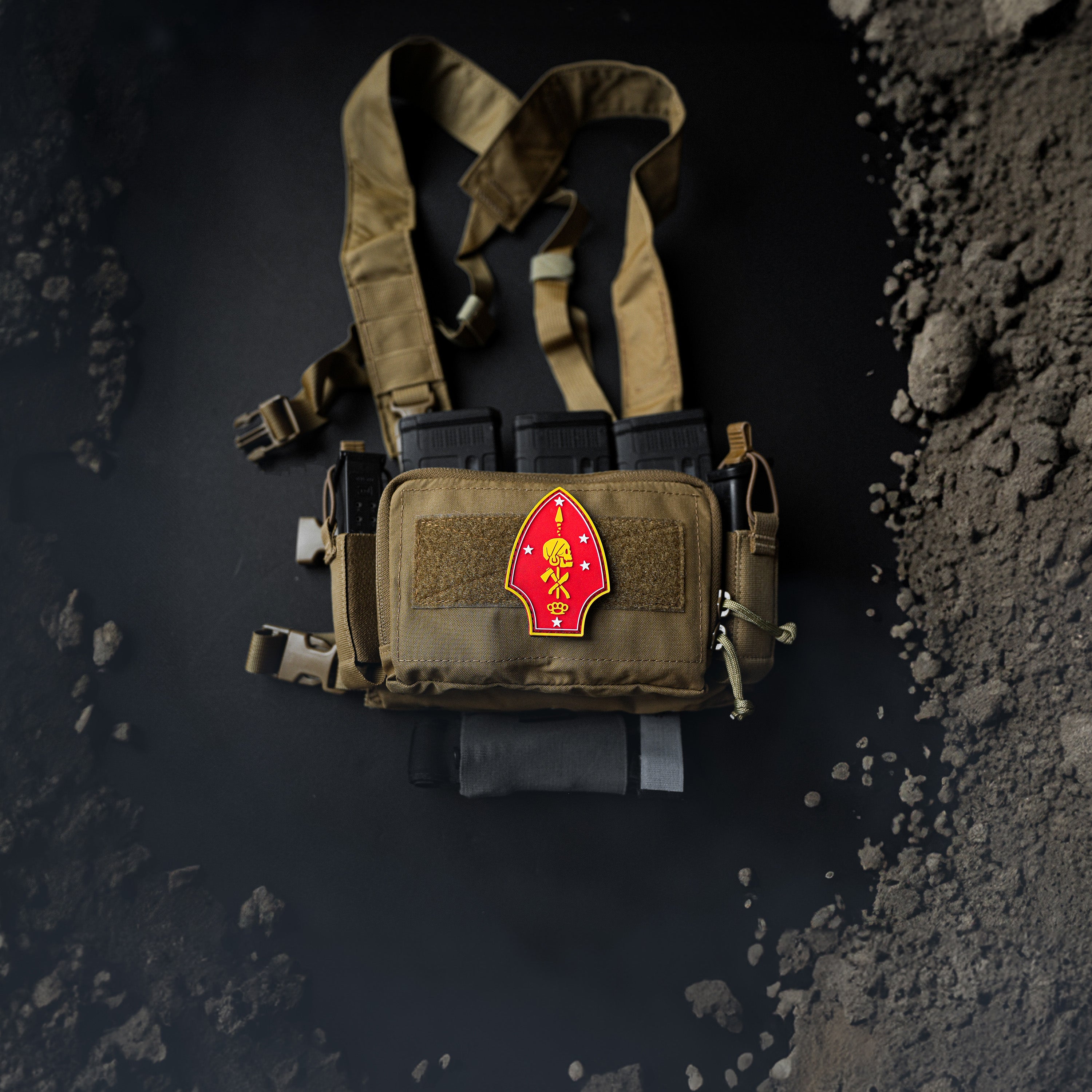
Spain trains Ukrainian volunteers ahead of expected Russian offensive
TOLEDO (Reuters) - When Russia invaded Ukraine in early 2022, Alona, a Ukrainian who has lived in Spain for 14 years, felt compelled to return home to defend her country.
Early this year the 35-year-old joined the Ukrainian armed forces, and just a few days later found herself back in Spain receiving basic combat training from the Spanish army.
Alona, from Lutsk in Ukraine's Volyn region, is one of 192 soldiers who arrived in Toledo, central Spain, on Jan. 12 to begin a five-week course. Back home, Kyiv is bracing for a possible Russian offensive this month to mark the first anniversary of its invasion.
"I am afraid that now in February we will be attacked again and they will hurt us even more," Alona said.
The war is reaching a pivotal point as its first anniversary approaches, with Ukraine no longer making gains as it did in the second half of 2022 and Russia pushing forward with hundreds of thousands of mobilised reserve troops.
Alona's mother and brother, who live in Madrid, do not approve of her decision to sign up. "They think I’m not ready for this. I’ve never in my life held a rifle in my hands," she said. "I'll stay until we're victorious."
Spain last year created the Toledo Training Coordination Centre, a programme dedicated to training up to 400 Ukrainian conscripts every two months and which forms part of the European Military Assistance Mission in support of Ukraine. Some 24 EU countries have offered training modules and personnel, the EU said.
The mission will have trained 30,000 Ukrainian soldiers by the end of 2023, the EU's foreign policy chief Josep Borrell said on Twitter on Feb. 2.
Training includes sharpshooting, action against explosive devices, mine clearance and use of anti-aircraft weapons, the coordination centre said.
Alona is one of four women among the 192 Ukrainian recruits. Captain Carlos Vera, head instructor for the course, said that they were receiving the same training as their male colleagues.
"What they are being taught will be very useful and will increase their chances of survival," he said.
Ruslan, a 20-year-old volunteer, said he was holding on to the dreams he had before war broke out.
“I want to get a good job, to provide for myself and get on my feet," he said. "Then, I want to start a family.”
(Reporting by Elena Rodriguez, Marco Trujillo and Isabel Infantes; Editing by Charlie Devereux and Ben Dangerfield)









